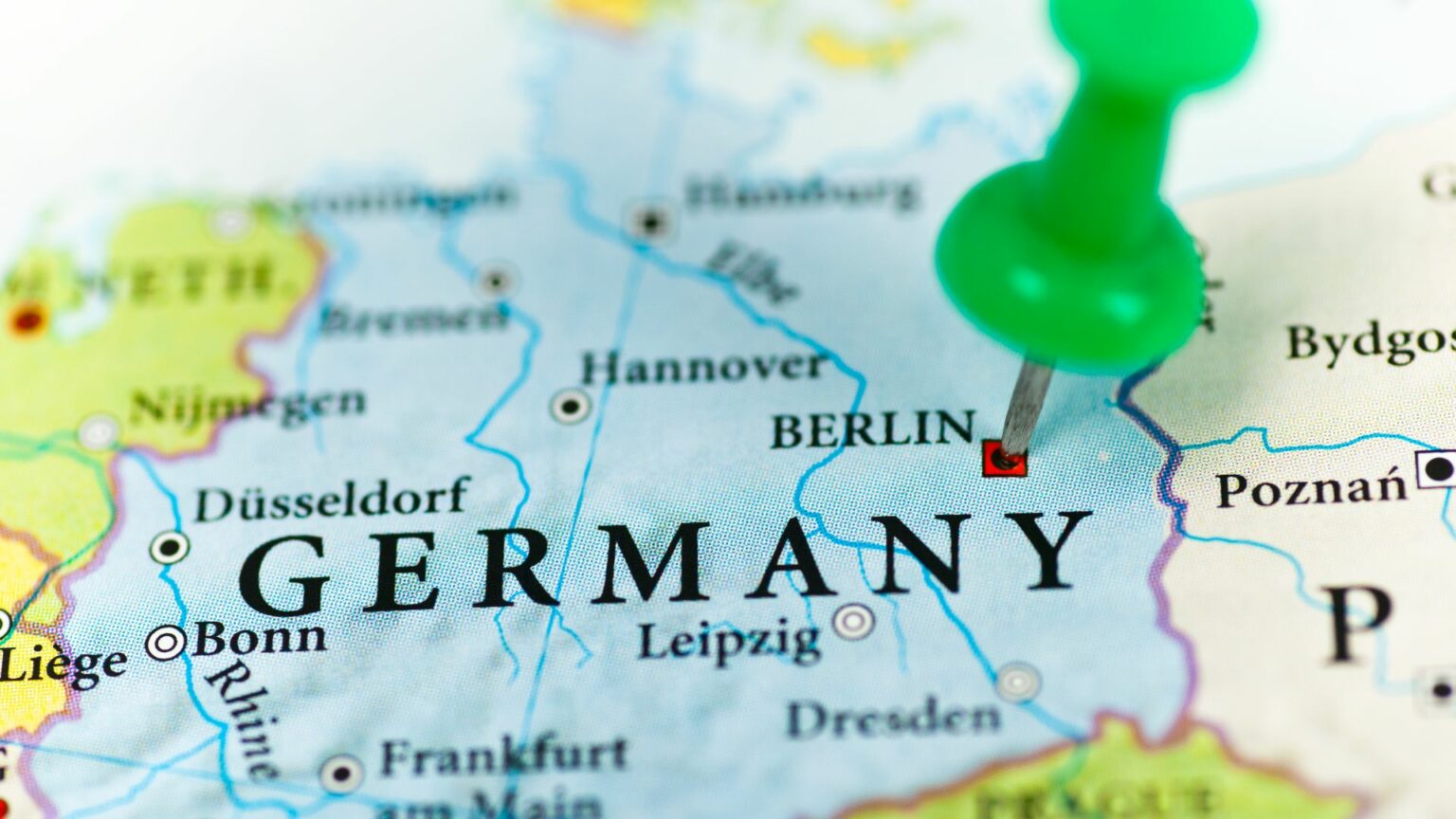Germany has launched a program aimed at supporting heavy industry in transitioning to more sustainable production practices. The program, initially valued at up to 4 billion euros ($4.4 billion), is set to span over a 15-year period and includes provisions for the adoption of hydrogen technology.
As Europe’s largest economy, Germany has long been a key player in the industrial sector, which accounts for a significant portion of the country’s greenhouse gas emissions. In a bid to cut emissions to net zero by 2045, the German government has introduced the concept of “carbon contracts for difference,” a mechanism designed to help companies offset the additional costs associated with implementing climate-friendly production processes.
Companies operating in sectors such as paper, glass, steel, and chemicals are invited to participate in the bidding process for these contracts, which aim to incentivize the adoption of sustainable technologies that would otherwise be economically challenging. The government has set a cap of 1 billion euros per bidder to ensure that medium-sized companies are also able to benefit from the initiative.
The transition to new production methods is recognized as a crucial step towards achieving climate targets, but is often hindered by high costs and uncertainties surrounding factors such as hydrogen prices. Vice Chancellor Robert Habeck, who also serves as Germany’s economy and climate minister, emphasized the efficiency of the contract system, highlighting the advantages for companies in terms of cost-effective and predictable green energy pricing over the 15-year period.
The streamlined application process for the carbon contracts represents a significant improvement over the existing cumbersome procedures, enabling companies to plan and implement climate-neutral production in a more efficient manner. Companies that have completed a preparatory procedure last summer are eligible to participate in the initial round of bidding, with a second round expected to take place later this year, potentially amounting to a total support value of 19 billion euros.





